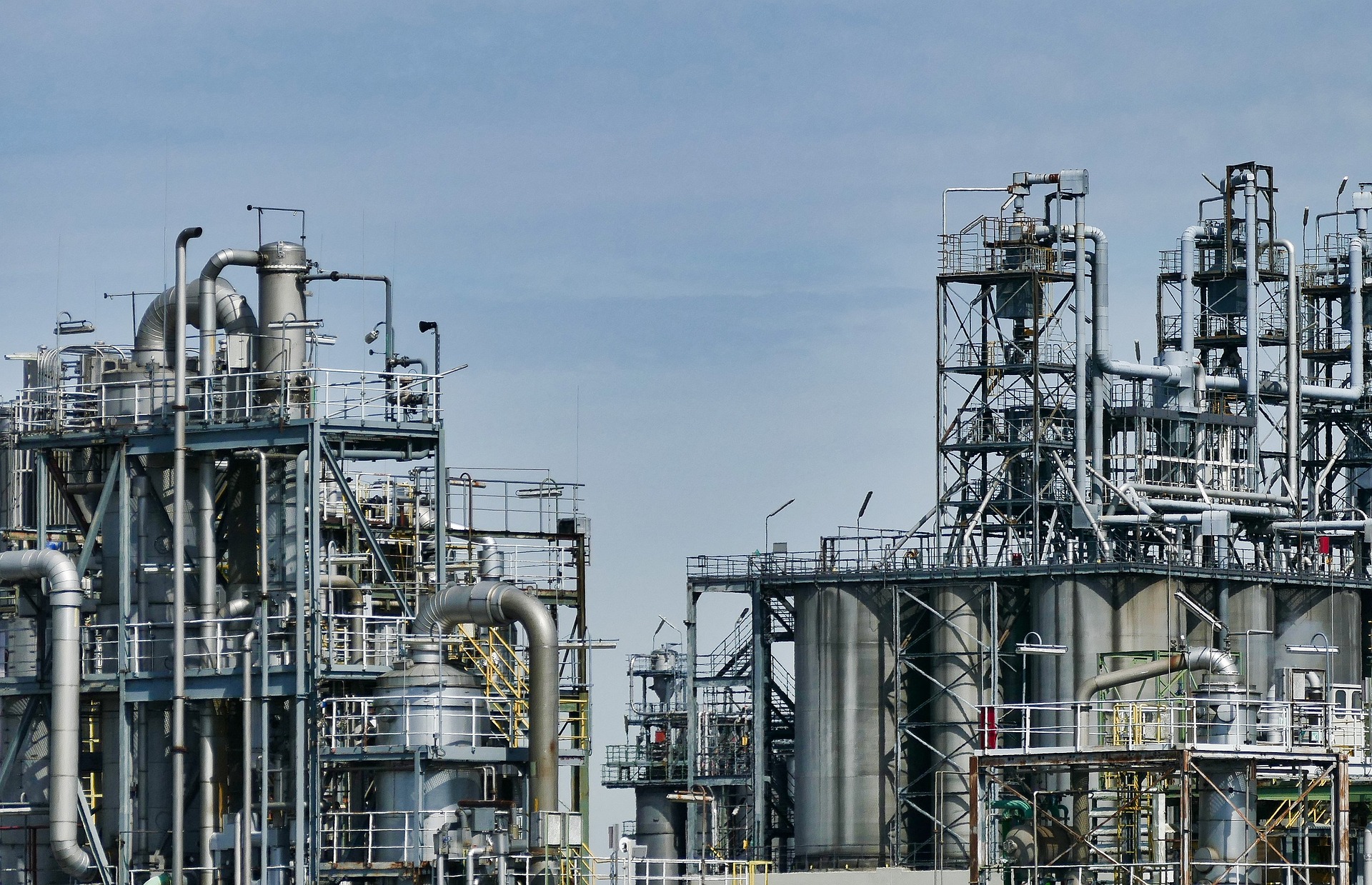The International Finance Corporation (IFC), a member of the World Bank Group, has committed up to $35 million in equity and debt financing to establish a pioneering sustainable aviation fuel (SAF) production facility in Sheikhupura, Punjab, marking a significant milestone for both Pakistan and the broader South Asian region. The project, spearheaded by SAFCO Ventures, will be the first large-scale SAF production facility in South Asia and is poised to play a vital role in reducing carbon emissions in the aviation sector.
A Landmark Initiative for Circular Economy and Emissions Reduction
The new SAF facility will convert over 250,000 tons of used cooking oil and other waste oils into sustainable aviation fuel, a biofuel that can reduce greenhouse gas (GHG) emissions by up to 94% compared to conventional jet fuel. As the aviation sector accounts for 13.9% of global GHG emissions, this facility will contribute significantly to tackling climate change by providing an alternative, greener source of fuel for airlines.
This facility is expected to process 200,000 tons of SAF annually, which will prevent the release of more than 500,000 tons of CO2 per year. In addition to its environmental benefits, the plant will bolster Pakistan’s growing renewable energy sector and support export-led growth by supplying SAF to global markets. The facility will also serve as a key example of how industries can use waste products—specifically oils that would otherwise be discarded or pose environmental hazards—to create valuable, sustainable products.
Job Creation and Economic Impact
The SAF project will have a substantial impact on Pakistan’s economy by creating hundreds of jobs. The facility is projected to generate around 300 direct jobs, including roles in operations, technology transfer, and technical training. In addition, the broader waste-to-fuel value chain will lead to the creation of an estimated 20,000 indirect jobs in sectors like feedstock collection, logistics, and distribution. These jobs will not only provide economic opportunities but also facilitate the growth of a skilled workforce in the country’s green energy sector.
The facility’s successful operation will contribute to Pakistan’s foreign exchange earnings through exports of SAF, helping the country establish a foothold in the emerging biofuel market. This will also strengthen Pakistan’s position as a regional leader in sustainable energy production.
IFC’s Strategic Role in Financing and Development
IFC’s investment package is split into $30 million in equity and $5 million in debt. A significant portion of the equity investment, $20 million, will come from IFC’s own account, with an additional $10 million provided through a climate-focused blended finance program, CIFPAK. This program is part of a collaboration between IFC and the UK Foreign, Commonwealth, and Development Office (FCDO), aiming to support green initiatives in Pakistan.
This partnership is particularly significant as it marks IFC’s first foray into sustainable aviation fuel production. As Ashruf Megahed, IFC’s Regional Industry Head for Manufacturing, Agribusiness, and Services, noted, the project sets an important precedent for future investments in the SAF sector and similar green initiatives across the region.
“We are pleased to collaborate with SAFCO Ventures to establish this critical facility in Pakistan,” Megahed said. “This project exemplifies how we can turn waste into a resource, drive the transition to sustainable energy, and stimulate economic growth—all while mitigating the environmental impact of the aviation industry.”
Strategic Importance for Pakistan’s Green Economy
Pakistan is uniquely positioned to benefit from the growth of the SAF industry due to its ample supply of used cooking oils and other waste oils, which can be leveraged to produce biofuels. The country generates over a million tons of collectable used oils annually, a vast, untapped resource for the production of sustainable fuels. By converting this waste into high-value biofuels, Pakistan not only addresses waste management challenges but also contributes to the development of a circular economy—an economic system aimed at reducing waste and making the most of available resources.
SAFCO Ventures, the company behind the initiative, has a track record of managing large-scale biofuel projects in Pakistan. Its subsidiary, Biotech Energy (BTE), already operates the country’s first large-scale biodiesel refinery and one of its largest oil feedstock collection networks. The new SAF facility will expand on this experience, utilizing cutting-edge technology and production methods to ensure efficiency and sustainability.
Conclusion
The establishment of Pakistan’s first sustainable aviation fuel facility represents a critical step forward in the country’s pursuit of greener, more sustainable energy solutions. Through its partnership with SAFCO Ventures, IFC is not only helping to reduce emissions in the aviation sector but also contributing to Pakistan’s economic development, job creation, and its broader transition to a circular, low-carbon economy.
As the global demand for sustainable aviation fuel continues to grow, this project offers a model for other countries in South Asia and beyond to embrace circular economy principles and foster sustainable energy production. The success of this initiative has the potential to inspire further investments in SAF production, helping to meet the world’s growing demand for cleaner, more sustainable fuels.
References:
- International Finance Corporation (IFC) News Release, December 5, 2024
- United Nations Environment Programme (UNEP) on Sustainable Aviation Fuel (SAF)
- Climate Investment Funds (CIFPAK) Program


